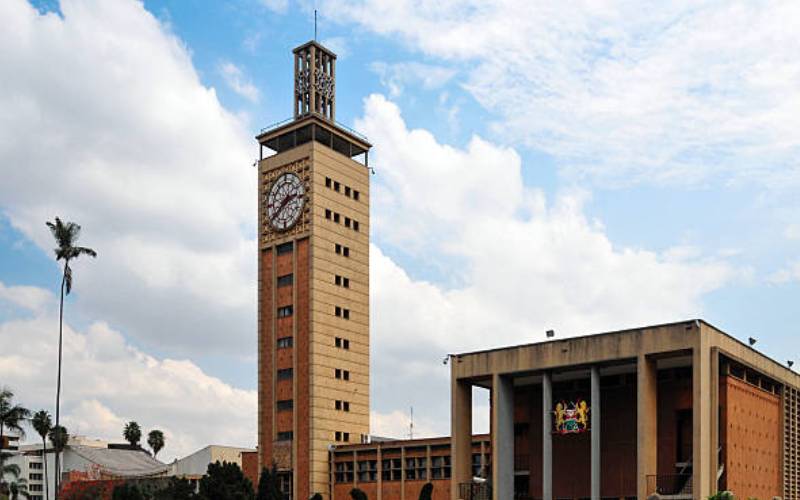×
The Standard e-Paper
Stay Informed, Even Offline

It has been an honour, virtually every mhesh on Thursday began their parting remarks, before wishing their colleagues all the best come August.
Few were confident of returning to Bunge after the impending mchujo. Those who spoke with their heads held high and kept their speeches shorter than the five minutes the speaker allocated. They limited their remarks to a “goodbye for now” and some advice.